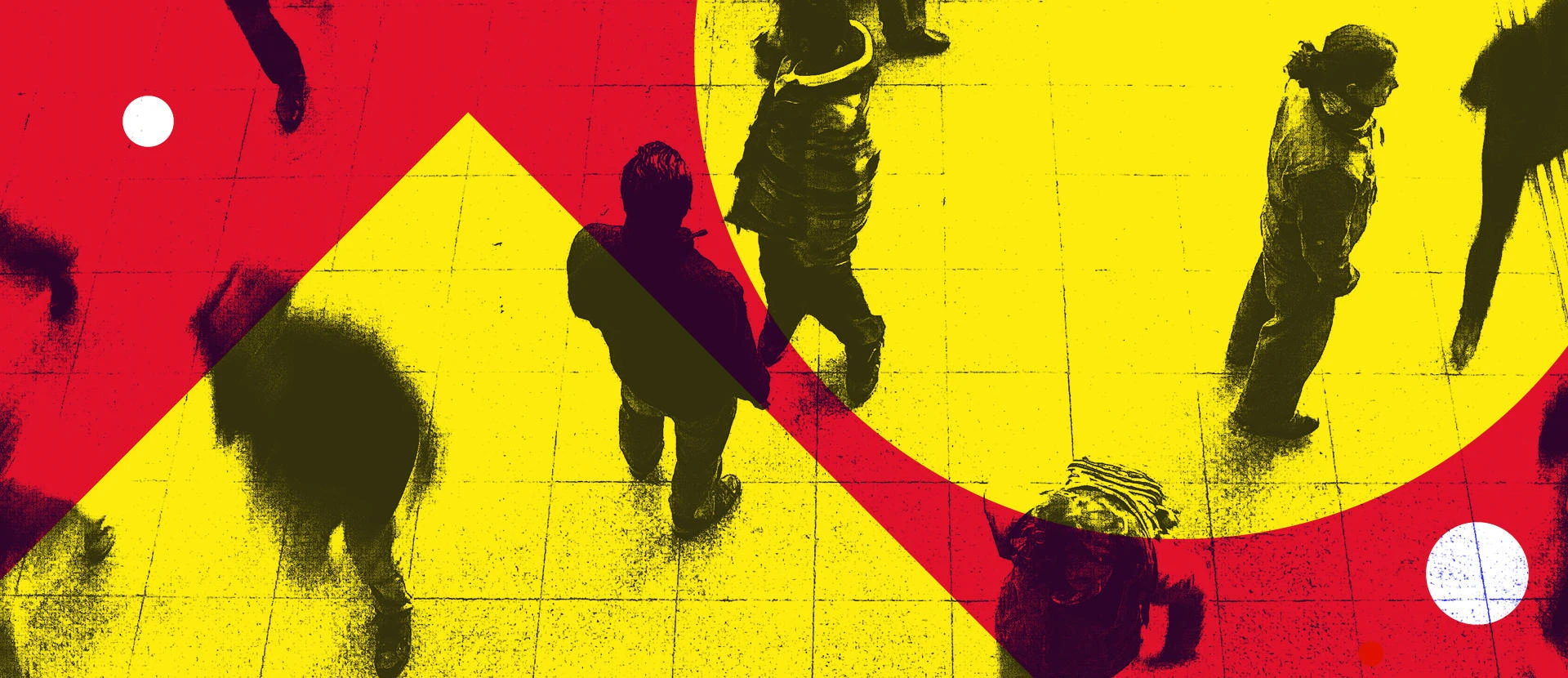Why is Unemployment Bad for Gender Equality?

Aliya Rao explores how unemployment reinforces gender inegalitarian norms and behaviours when it comes to time, space and emotions. How might we tackle this seemingly backwards step?
The COVID-19 pandemic has exposed rampant gender inequalities. The economic downturn we are facing has led to mass unemployment, which has had a disproportionate impact on women. Research from before and during the pandemic shows that women’s job loss and unemployment – more prevalent now than ever – is becoming yet another factor that pushes women out of the workforce, out of economic self-sufficiency, and toward unpaid work in the domestic realm.
Meet our speaker
Aliya Rao (@aliyahrao) is an Assistant Professor in Qualitative Research Methodology in the Department of Methodology and author of Crunch Time: How Married Couples Confront Unemployment.
How can I watch the film?
Visit the Festival Hub or watch via the YouTube playlist.
More about this event
This event is part of the 'Festival Shorts' series. Festival Shorts are 10-minute talks by LSE experts released during Festival week, available to watch via the LSE Festival Hub.
The is running from Monday 1 to Saturday 6 March 2021, with a series of events exploring the direction the world could and should be taking after the crisis and how social science research can shape it.
Twitter hashtags for this event: #LSEFestival #LSECOVID19
LSE holds a wide range of events, covering many of the most controversial issues of the day, and speakers at our events may express views that cause offence. The views expressed by speakers at LSE events do not reflect the position or views of The London School of Economics and Political Science.
From time to time there are changes to event details so we strongly recommend that if you plan to watch this event you check back on this listing on the day of release.
LSE holds a wide range of events, covering many of the most controversial issues of the day, and speakers at our events may express views that cause offence. The views expressed by speakers at LSE events do not reflect the position or views of the London School of Economics and Political Science.
